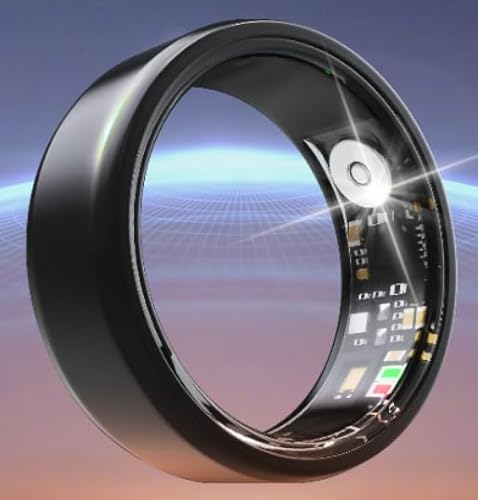Michaelana,
The following article best explains "pump head".
"Four years ago, a widely publicized study struck fear into the 500,000 Americans who undergo heart bypass surgeries each year.
Researchers reported that more than two of five patients suffered long-term declines in their mental abilities.
"Pump head," as the condition is called, was blamed on heart-lung machines that pump patients' blood while their hearts are stopped during surgery.
Following surgery, patients with pump head find their memory is off. They also have difficulty with crossword puzzles, balancing checkbooks, recalling words or driving familiar routes. And they might get easily frustrated or experience wider mood swings.
But recent studies, which have received less media coverage, have found that pump head is not as widespread as previously reported.
"Pump head is a real phenomenon," said Dr. Todd Rosengart of Evanston Northwestern Healthcare. "But if you do the operation correctly, it is rare."
A recent study by Rosengart found that bypass patients generally scored as well on mental agility as a similar group of heart patients who did not have bypasses.
Many researchers believe the widely reported 2001 study had flaws that may have exaggerated the problem. Moreover, recent improvements in surgery likely have reduced the chances of getting pump head.
Bypass surgeries are performed on patients with clogged coronary arteries. The surgeon takes one or more healthy blood vessels from the chest or leg and grafts it to the heart, bypassing the blocked artery.
Pump controversial
Because it's difficult to operate on a beating heart, surgeons often stop it and connect the patient to a heart-lung machine. The pump oxygenates the blood and keeps it flowing.
Putting patients on the pump has raised several concerns. The surgeon has to clamp the aorta, the main trunk of the circulatory system, potentially releasing a shower of loosened plaque and other gunk. If the debris travels to the brain, it can block small blood vessels and cause damage. Tiny air bubbles from the pump also could cause blockages in the brain. Finally, lowering blood pressure while the patient is on the pump could cause cognitive problems.
In 2001, Duke University Medical Center researchers reported in the New England Journal of Medicine that 42 percent of bypass patients still experienced pump head five years after surgery.
Researchers tested 261 patients' short-term memory, attention, concentration, language comprehension, etc. Older and less-educated patients suffered the biggest declines.
At the time, lead researcher Dr. Mark Newman said it's devastating for a patient "to have a successful operation that prolongs life but diminishes the quality of that prolonged life."
Study's major flaw
The study had a major weakness, though. Patients weren't compared with a similar group of heart patients who didn't have bypass surgery. Without such a control group, researchers couldn't rule out the possibility that cognitive declines were caused by the patients' heart disease, not the operation itself.
In 2003, Johns Hopkins University researchers published results of a pump head study that did include a control group, and the results were reassuring. Researchers found "no statistically significant differences" between bypass patients and similar heart patients who didn't have the operation.
Researchers concluded that any cognitive problems following bypass surgery may be temporary and reversible within three months.
Newman, the Duke researcher, now says the jury still is out on whether pump head is caused by the operation or by the disease. But whatever the cause, "the concern is still there."
After the Duke study, more surgeons began doing a bypass operation in which the heart never stops beating. The goal is to eliminate pump head by not putting patients on heart-lung machines.
At its peak, about one-third of bypass surgeries were done on beating hearts, said University of Chicago heart surgeon Dr. Jai Raman. But the procedure is technically difficult, and as concern over pump head has waned, the number of beating-heart surgeries has dropped a bit, Raman said.
Meanwhile, surgeons have improved pump techniques.
To reduce debris, surgeons are doing less clamping and unclamping of the aorta. And new clamp designs further minimize the amount of debris released.
Newer heart-lung machines maintain blood pressure closer to normal levels and are able to oxygenate blood without making tiny bubbles.
Pump head "used to be very common in the '70s, '80s and early '90s," Raman said. Today, the incidence "is dramatically lower.""






















